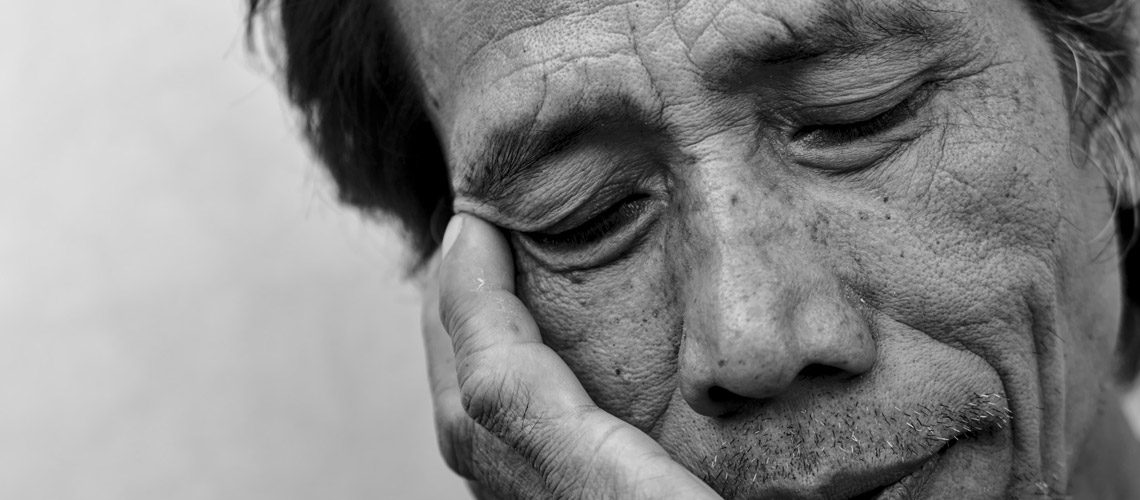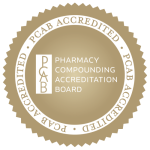“John you have adrenal fatigue.” That’s what a friend of mine, who happens to be a clinical compounding pharmacist for over 10 years, said to me during one of our conversations. I had just been talking about how I had been in a very close call with a potential high speed collision, but didn’t exhibit any of the usual heart racing, nervousness, or epinephrine dump afterwards. Needless to say I was a little taken aback by his diagnosis. So I asked him, “What do you mean?”
Adrenal fatigue is more accurately described in my case as hypocortisolism. That is when your adrenal glands, which sit on top of your kidneys, no longer produce their normal amounts of cortisol. It can occur when your body is under long term physcial and/or mental stress. This lowering of the cortisol in your body can have many different symptoms. For me it was a blunted emotional response, a doom and gloom outlook, and a general lack of humor. These are just a few of the symptoms and there are many others like
| Increased Blood Pressure | Sugar/Food Cravings | Poor Concentration |
| Increased Heart Rate | New Allergies | Irritability |
| Water Retention (Bloating) | Morning Fatigue | Sleep Disturbances |
| Increased Fat Storage | Anxiety | Unexplained Aches and Pains |
| Depression | Low Libido | Hit an afternoon wall |
What is cortisol and why do I care if it’s not “normal”?
Cortisol is a very powerful steroid hormone made in the adrenal glands. According to the Society for Endocrinology, almost every cell in the body has receptors for cortisol. That means it can exert many different effects depending on where it is acting. The opposite would also be true, a lack of cortisol could mean a lot of things don’t happen.
Some of the big things that cortisol is responsible for are:
| Regulating metabolism | Influencing memory formation | Initiating the “fight or flight” response |
| Being anti-inflammatory | Controlling salt and water balance | Affecting immune response |
| Controling blood sugar | Influencing blood pressure | Influencing the sex drive |
| Regulating sleep cycles | Energy production | Cellular repair and maintence |
What do we do about it?
Well I could go right down the list checking off symptoms. So I asked what I could do about it. He pointed me towards herbal medicine and some lifestyle changes like getting 8 hours of uniterrupted sleep, working out at least 30 minutes a day, and making sure to integrate hobbies into my lifestyle. Sounds like pretty good advice, then my clinical brain switched on. Wait a minute, I have a doctorate education that informed me herbs were iffy at best and dangerous at worst. No way would that actually be helpful, right?
Sleep and Herbs
He then pointed out a couple of things. First, the reason herbs do not have large studies like the leading blood pressure medicine is that someone has to fund those studies. You can’t patent an herb, so why spend money studying it? Second, how do I explain how millions of people around the world feel better after an herbal tea? I conceded that those were good points, but I wanted to know if it works. Nothing left to lose but to try it. I started with the above mentioned lifestyle changes on Monday, and three supplements on Wednesday. Those supplements were a pharmaceutical grade multi-vitamin, a glandular adrenal product, and a herbal adrenal product.
Did it work?
My wife and I went to my in-laws for dinner on Saturday night. We had a good time and headed home, nothing out of the ordinary. Sunday my wife said something, that I will never forget, “my parents asked if you starting taking something, they said you seemed better.”
I was blown away. I hadn’t really thought about it, but yeah things seemed better. I felt a little more energized and not as much doom and gloom. I had barely even started the therapy. I had a phone call to make.
Whats next?
I called up my friend and told him about my weekend. I could here the smile in his voice. He then went on to tell me that it took a long slow time for my adrenals to get to this point. It will take at least six months to a year to recover and that’s if I actually destress my life.
What about today?
Today is 4 years later and I live the life a medical professional, so the stress hasn’t left. Neither have my multi-vitamin and my herbal adrenal product. In fact I have added a few more to the list, DHEA, Vitamin D, Magnesium, Omegas, and a probiotic. I am not someone who likes to take medicine, but I love to feel better. At the end of the day I want to have the energy to play with my daughters as they grow up and I want to be there when they walk the aisle, buy their first house, and for all the little moments. I can’t do those things if I don’t listen to my body and give it what it needs.




